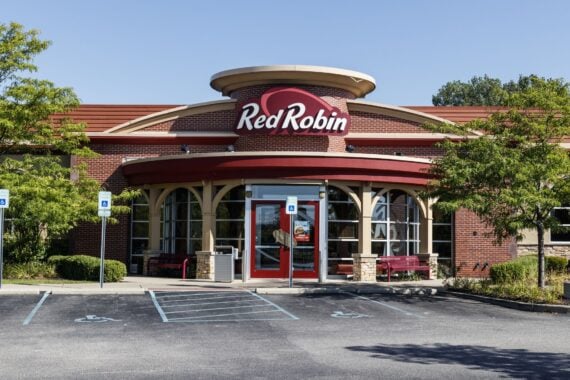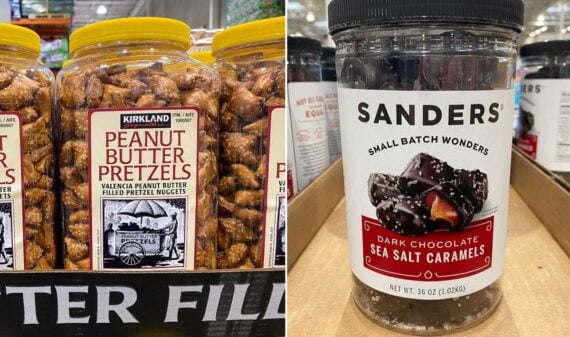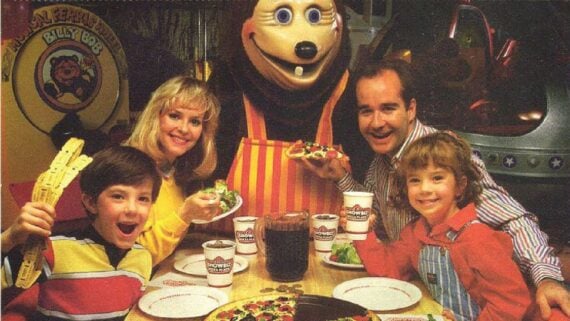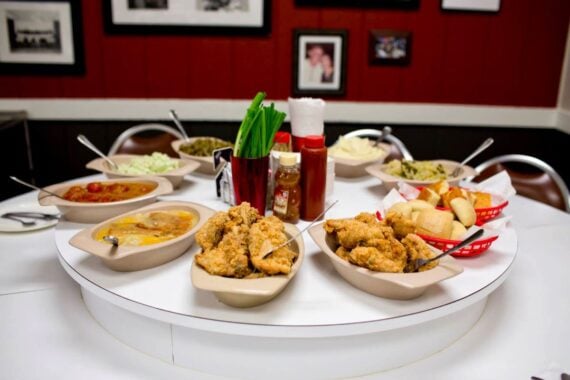In the lawsuit-happy U.S., multimillion-dollar corporations are tempting targets for some interesting claims. In one case to raise eyebrows, a consumer in Illinois says a TGI Fridays grocery product doesn’t contain what’s implied on the label, which could lead to a class-action lawsuit — one you could receive money from if you’ve purchased the product too — down the road.
Related: Bizarre-Sounding Lawsuits That Triumphed in Court
Mozzarella Sticks Aren’t Made with Mozzarella
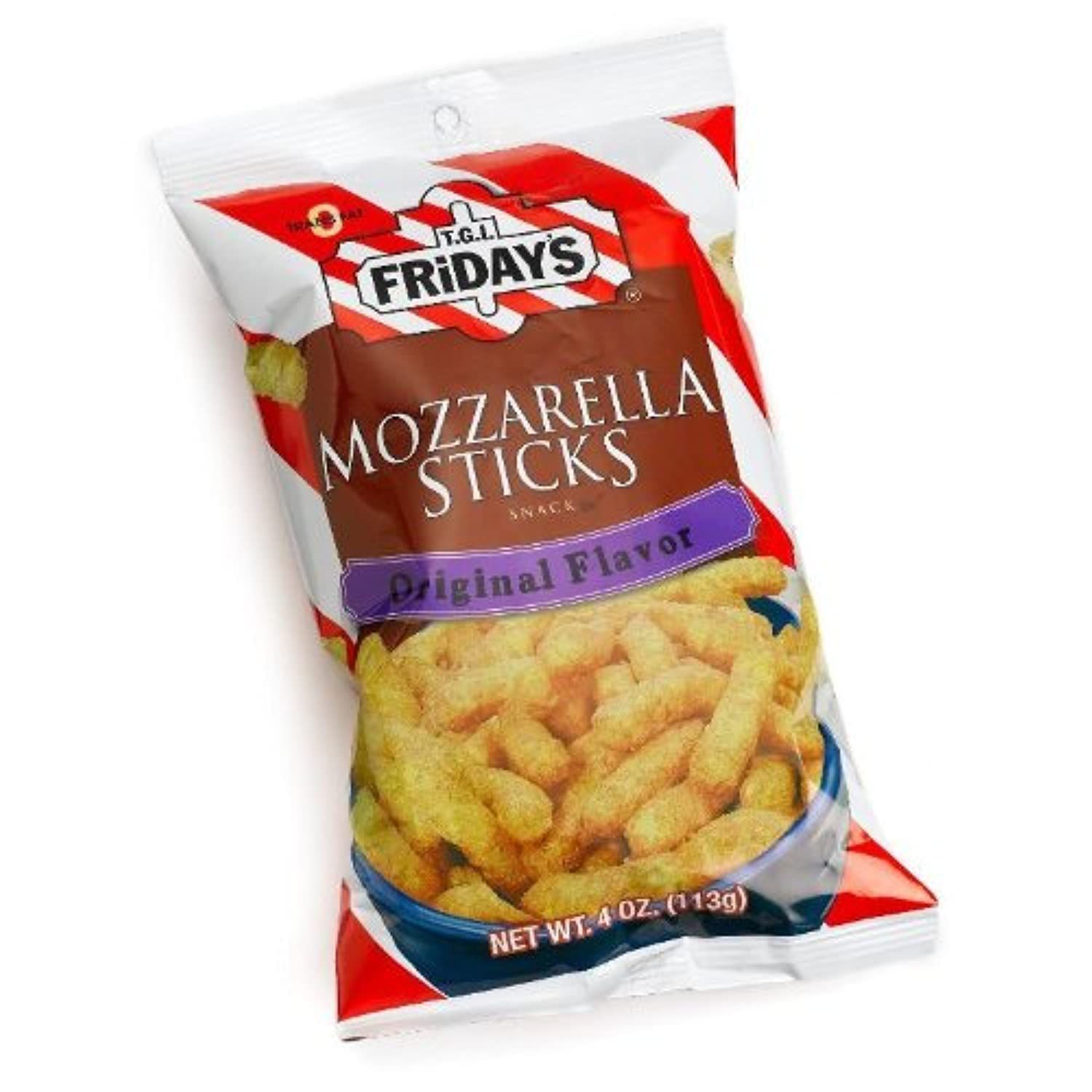
A disgruntled shopper in Illinois filed a lawsuit after she discovered the TGI Fridays branded Mozzarella Sticks snacks she purchased didn’t contain any mozzarella cheese. The crunchy cheese puff-like snacks are sold in bags and contain only cheddar cheese, which the plaintiff says is misleading. A federal judge denied motions to dismiss the claim from both TGI Fridays and the manufacturer but did allow TGI Fridays, which only licenses the product and does not manufacture it, to be removed as a defendant in the case.
Related: Companies That Paid Massive Sums to Settle Lawsuits
Album Cover Photo Caused Emotional Distress
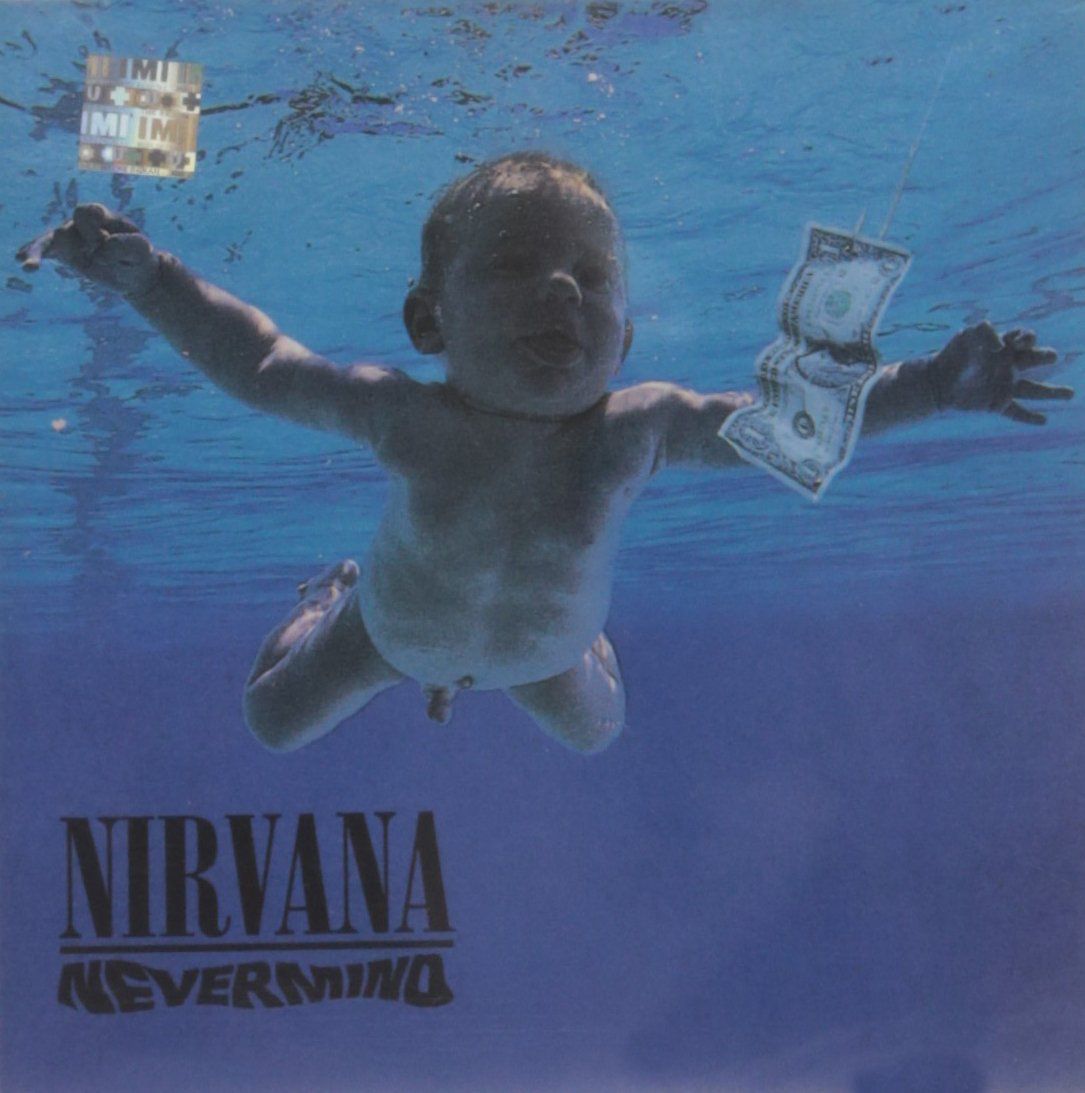
Los Angeles-based artist Spencer Elden was 4 months old when he was photographed swimming naked at the Rose Bowl Aquatics Center in Pasadena, California — a photo that went on to become one of the most iconic images of the 1990s, helping the album to sell more than 30 million copies worldwide. In August 2021, Elden filed suit against Nirvana’s former band members, the estate of Kurt Cobain, photographer Kirk Weddle, Universal Music, Gedden Records, Warner Records, and MCA Music. The suit sought $150,000 in damages and legal fees from each defendant, saying the band had “commercially marketed Spencer’s child pornography and leveraged the shocking nature of his image to promote themselves and their music at his expense.”
For more legal news and trivia, sign up for our free newsletters.
Pop-Tarts Aren’t Healthy Enough
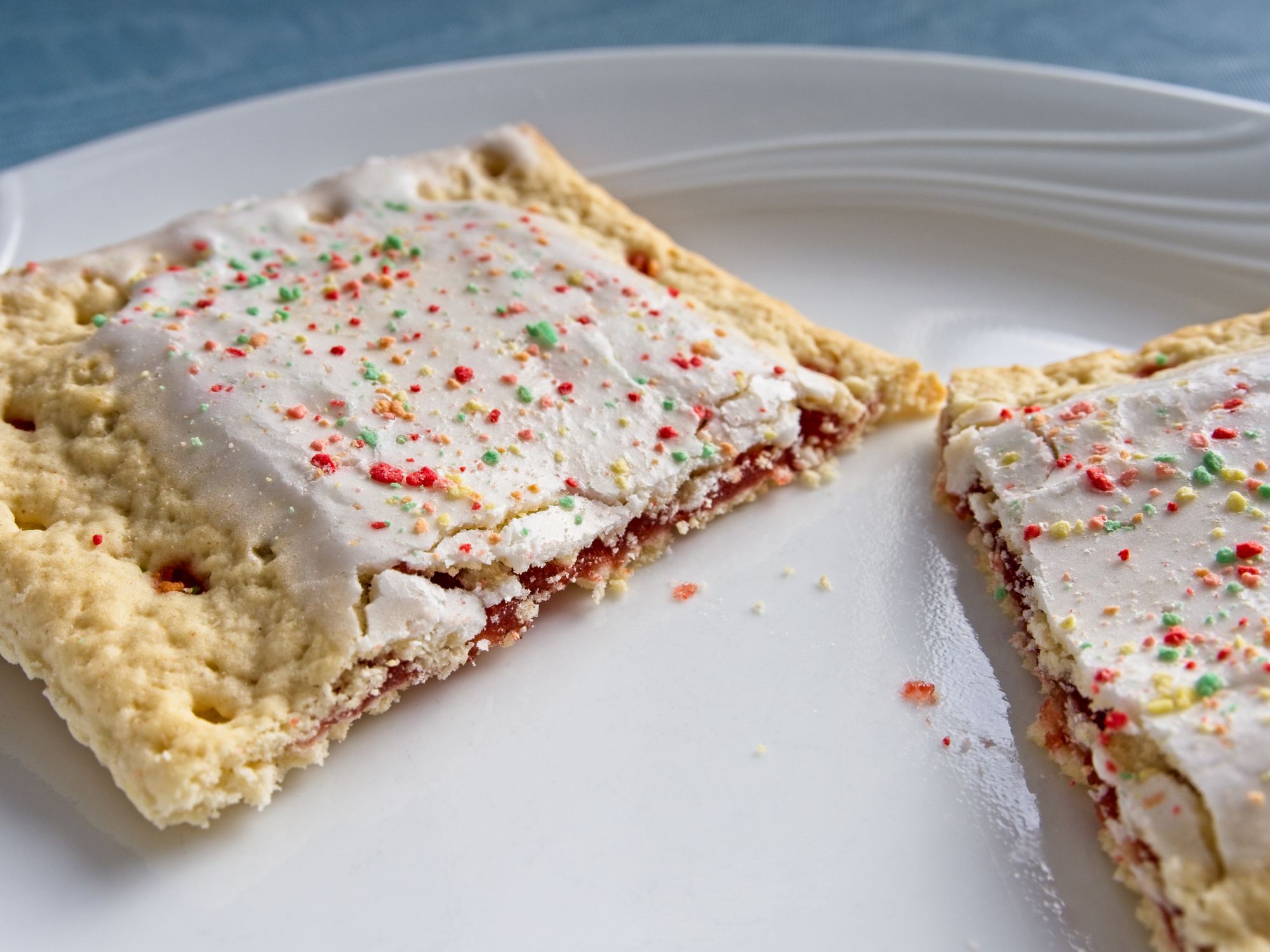
Pop-Tarts are hardly health food, but New York man, perturbed that the sugary treat is not packed with fresh fruit, sued Kellogg’s, contending the company has exaggerated the number of strawberries used in its Frosted Strawberry Pop-Tarts. But a federal judge was unpersuaded, saying no reasonable consumer would expect a toaster pastry to have any redeeming nutritional value. The suit isn’t even the first to go after Pop-Tarts. An Illinois woman unsuccessfully sued for $5 million for similar reasons, and at least a couple more lawsuits are pending, according to the New York Post.
There’s Too Much Air in the Junior Mints
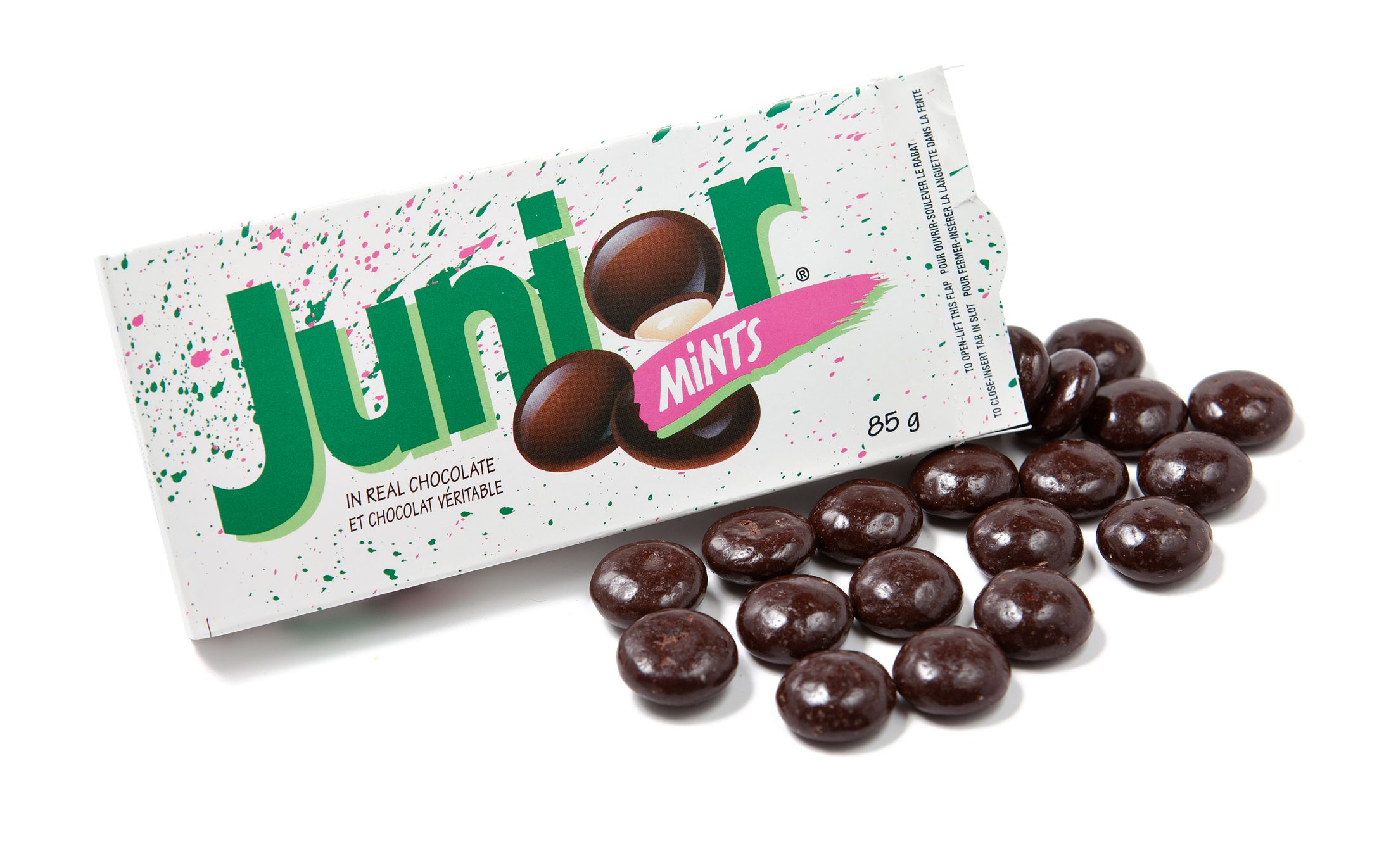
Junior Mints are delicious — the air around them, not so much. At least, that’s what a trio of customers contended in a 2018 lawsuit against Tootsie Roll Industries, which claimed that customers were overpaying for Junior Mints boxes that contained 35%-43% empty space (or “slack fill,” in industry parlance). The unimpressed judge found that the packaging was clear about the weight of the product, and dismissed the case with this gem: “The law simply does not provide the level of coddling plaintiffs seek.”
The Drama of a Quarter Pounder Without Cheese
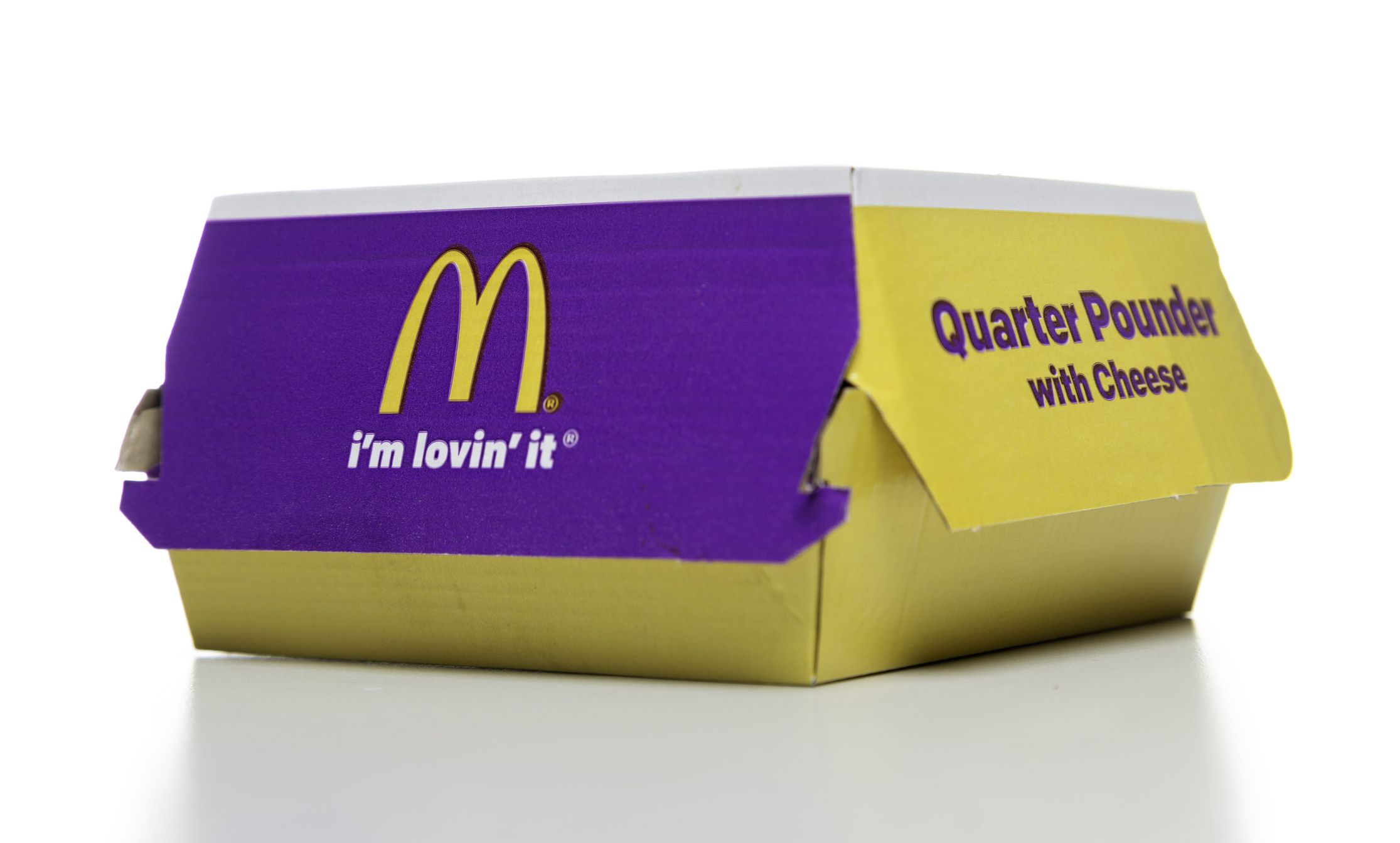
Chances are you remember the infamous hot-coffee lawsuit, when a woman was awarded nearly $3 million after sustaining burns from a coffee spill after going through a McDonald’s drive-thru. But you may not remember that two McDonald’s customers sued for $5 million in 2018 because they were charged the full price of a Quarter Pounder with Cheese despite specifying that they didn’t want cheese. A judge decided they didn’t prove they were sufficiently harmed by the upcharge of a few dimes to prevail.
Trending on Cheapism
Lumber Sizes Stump Home Depot Customer

Is a four-by-four piece of lumber supposed to be exactly 4 inches by 4 inches? According to one perturbed Home Depot customer, it should be — and when he found that his lumber was more like 3½ inches by 3½ inches, he decided to take the home-improvement chain to court for deceiving consumers. A federal judge, while acknowledging that some buyers might be a bit confused by the label, sided with Home Depot in 2018, which had contended that the name arose from “nearly a century of standardization” in the lumber industry rather than exacting measurements.
The Curious Case of Subway’s Shrinking Foot-longs
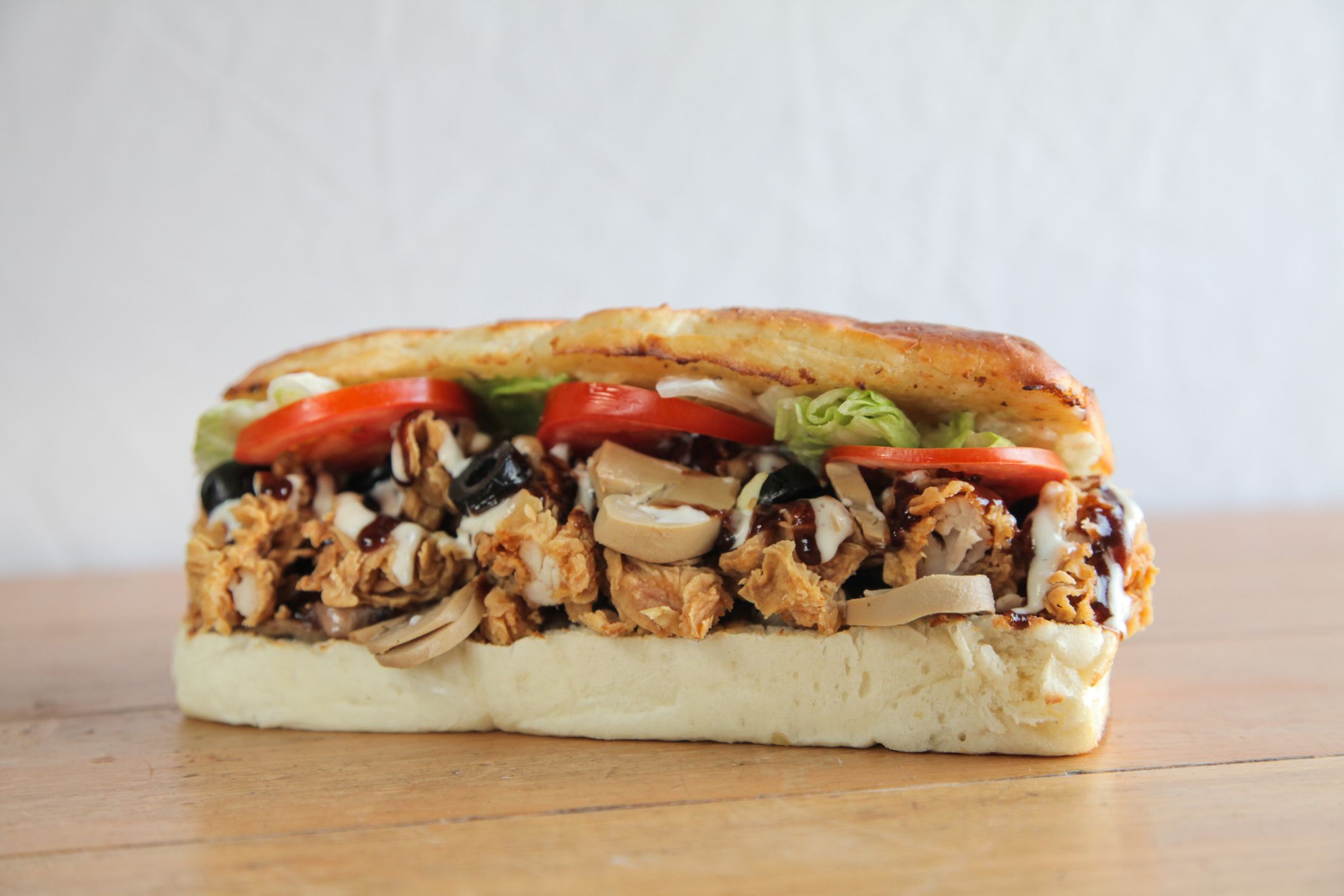
Bread has this funny habit of changing shape while it bakes, but for a group of Subway customers, that simple fact wasn’t enough to let the sandwich chain off the hook when its heavily touted foot-long subs fell a bit short of 12 inches. Subway agreed to settle in order to simply make the high-profile lawsuit go away, but in 2017, a federal appeals court stepped in, calling the settlement “utterly worthless” and “a racket.”
Ice in Starbucks Drinks? How Dare They

Getting a cup of anything at Starbucks is an indulgence, but one California man decided he wasn’t getting enough of the actual drink in his cup thanks to a frozen foe: ice. He sued the coffee giant in 2016, saying it routinely put too much ice into its cold beverages, reducing the amount of the beverage in a 24-ounce Venti cup to about 14 ounces. A federal judge was having none of it, ruling that even children know that “they can increase the amount of beverage they receive if they order ‘no ice.’”
Sign up for our newsletter
‘Dexter’ Ad Proves Painfully Spooky
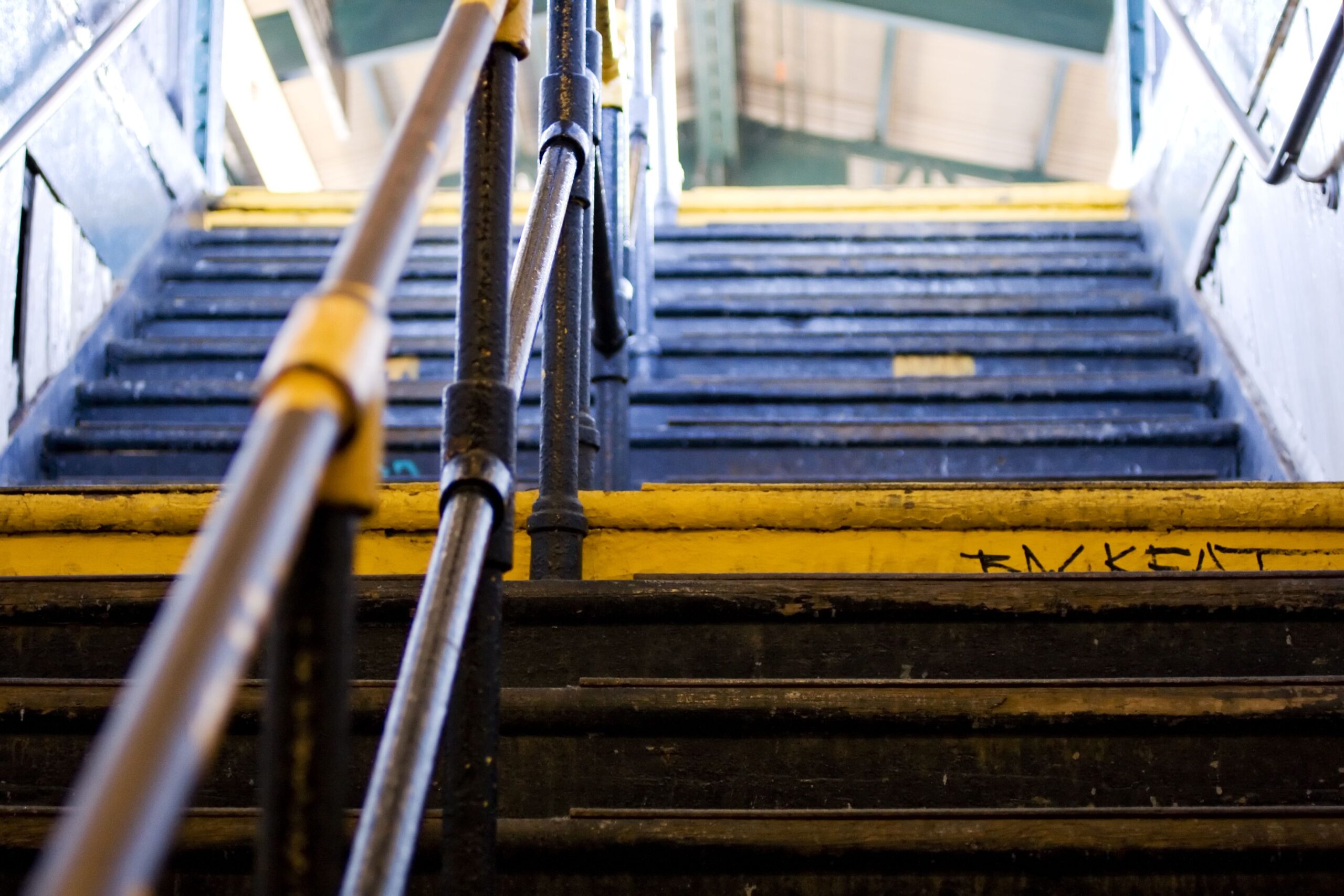
If you’re a “Dexter” fan, you know the show is dark and more than a little creepy. But a woman who encountered an oversize ad for the Showtime series at New York’s Grand Central Station claimed it was so disturbing that she fell down the stairs and hurt her ankle after seeing it. She sued Showtime, CBS, and even the New York Transit Authority in 2015, saying the “disturbing, provocative, shocking and fear inducing” ad showing a plastic-wrapped face was a hazard for pedestrians. A judge dismissed the case a few years later. “This would let the floodgates open,” he said before the ruling. “Let’s say someone sees a rat, someone sees a mouse, someone sees a frightening person — and they fall down. It’s a slippery slope.”
Your Nikes Need a Warning Label
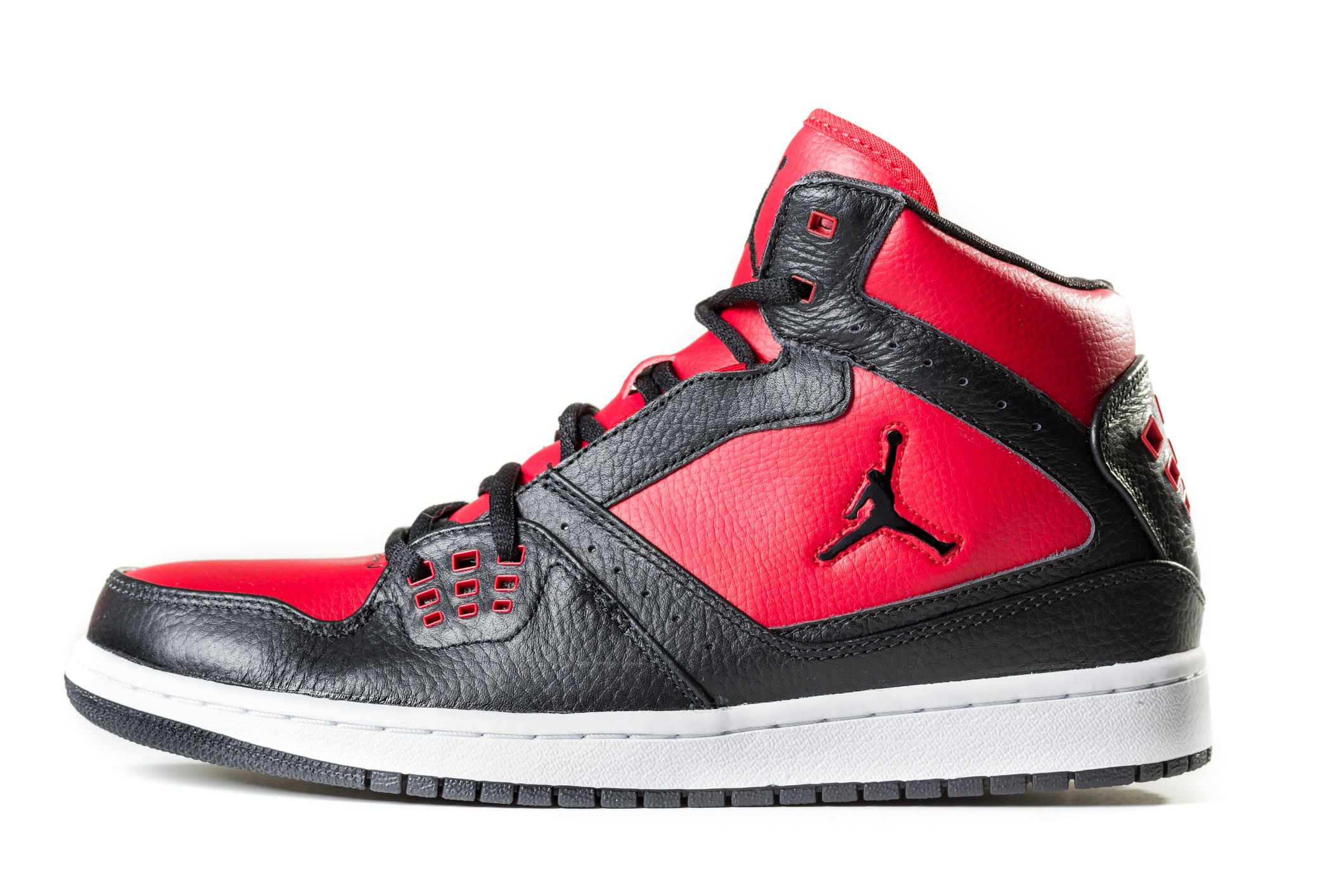
There are a lot of things that can be used as dangerous weapons that don’t come with warning labels. In 2014, a Portland man who had been jailed after violently stomping on another man’s face sued Nike for a whopping $100 million for just that reason, claiming the Air Jordans he was wearing at the time “failed to warn of risk or to provide an adequate warning or instruction” that they could cause harm. It took Nike’s attorneys less than 90 seconds of talking for the suit to be dismissed.
Just Give the Man Some More Napkins
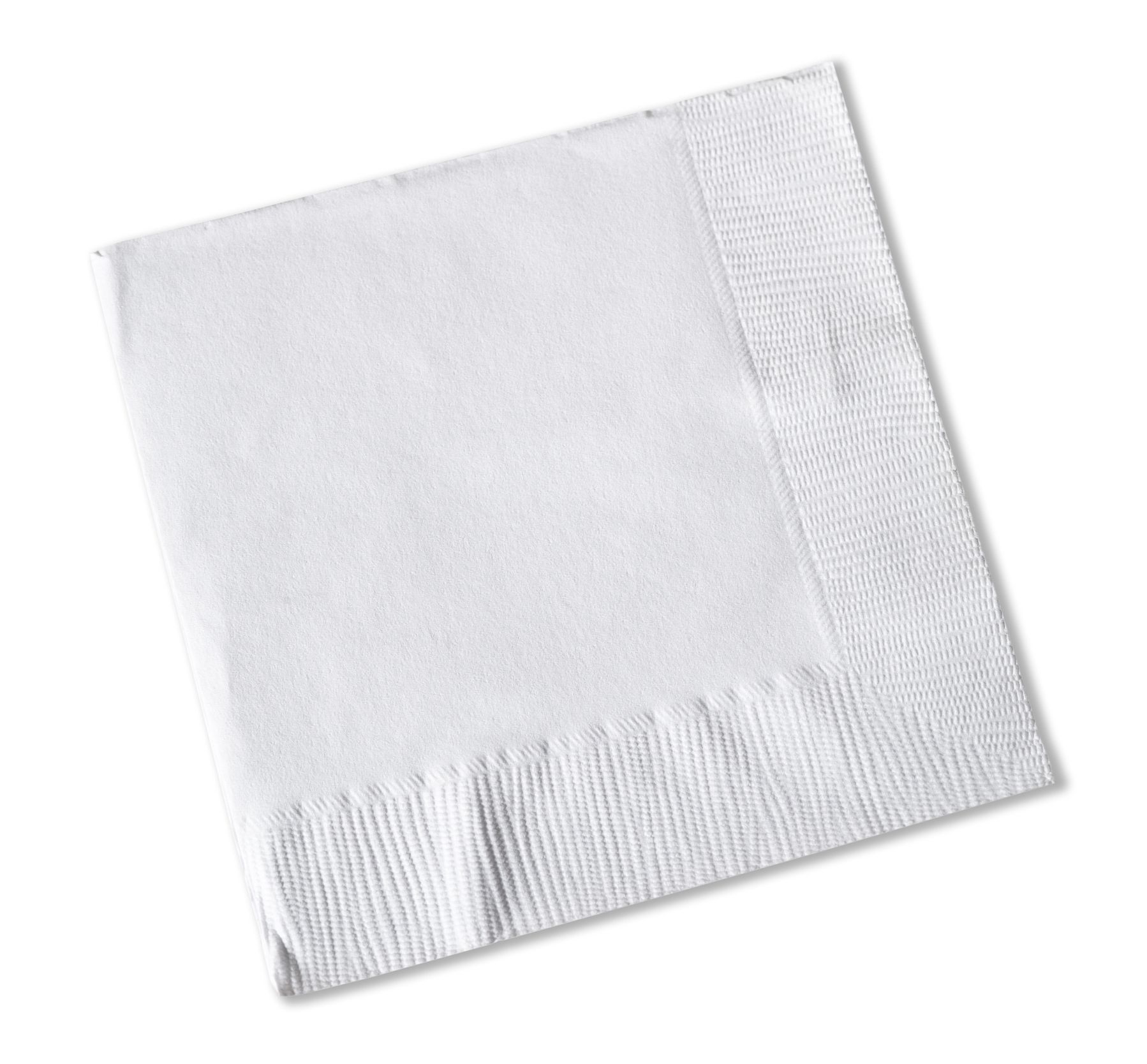
Hot coffee and cheeseless Quarter Pounders have been only part of McDonald’s lawsuit woes. In 2014, a customer sued the burger chain for an incredible $1.5 million after he said an argument over receiving just one napkin in his bag became racially charged and caused him “undue mental anguish.” The suit was dismissed later that year, and the man who filed it was even added to California’s “vexatious litigant” list to prevent him from filing any more lawsuits for a certain period of time.
No, Google Doesn’t Know Everything

Google Maps: Convenient? Yes. Infallible? Not so much. In 2010, a user sued the tech giant after Google Maps’ pedestrian directions instructed her to walk along a busy highway without sidewalks, where she was subsequently hit by a car. The woman said her BlackBerry’s version of Google Maps failed to warn her that there would be no safe place for a pedestrian on parts of the route. A judge dismissed the case, saying there was no way Google Maps could warn its users of all possible dangers, which could range from drunk drivers to cracked sidewalks to dangerous wildlife.
Be Afraid, Very Afraid of NBC
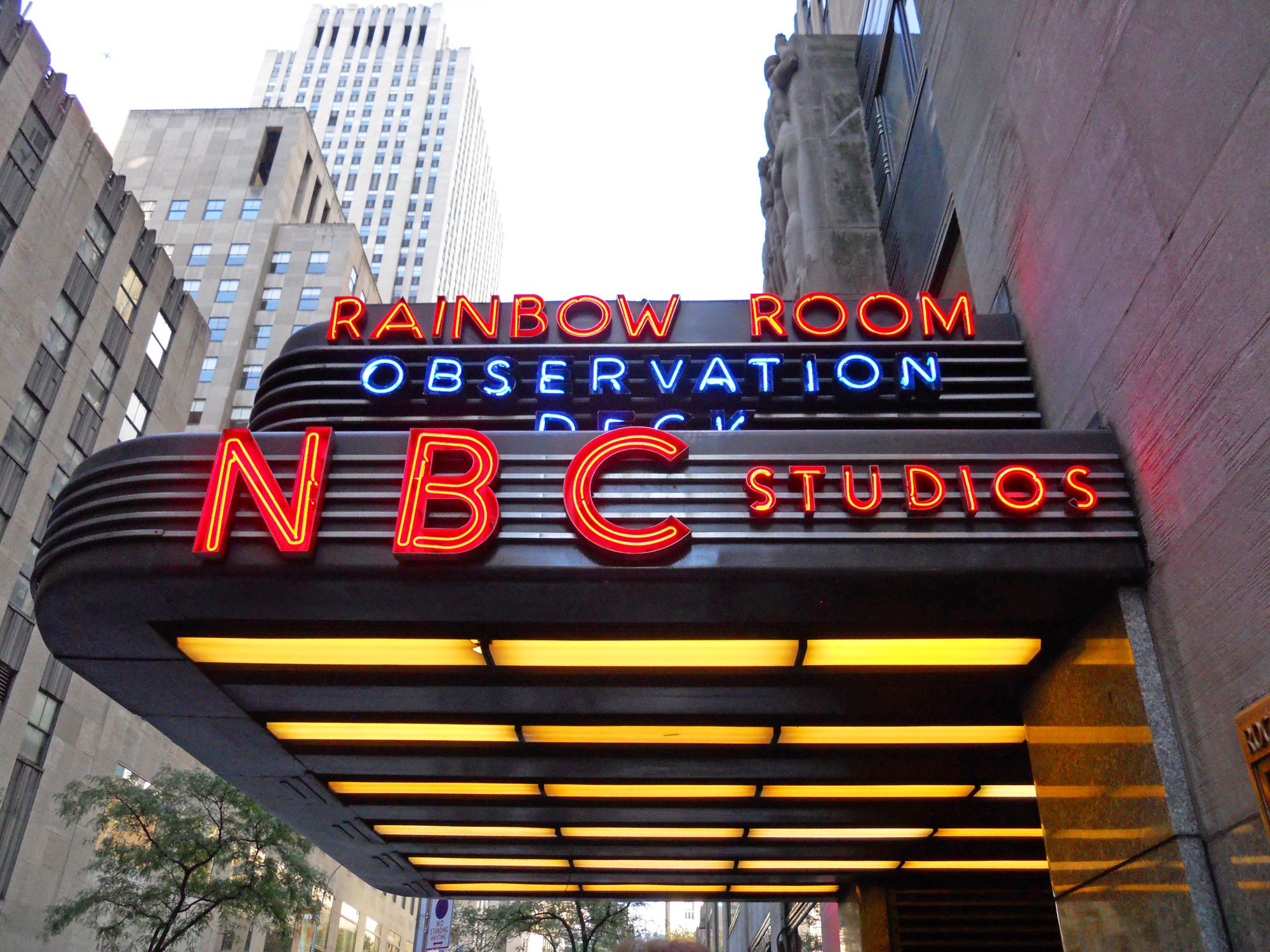
You’d think a show called “Fear Factor” might not be essential viewing for anyone without nerves of steel, but at least one viewer found plenty to be afraid of. An Ohio man sued NBC for $2.5 million after a segment that showed contestants eating rats that had been tossed in a blender made him sick, dizzy, and so disoriented that had a painful run-in with a doorway. The suit was dismissed in 2005. “Evidently, fear was a factor for him,” deadpanned Matt Kunitz, the show’s executive producer.
Man Faults Microsoft After FBI Discovers His Porn Habit

When the FBI finds bomb-making materials in your home, there’s a good chance it’s going to take a look at what’s on your computer, too. When that happened to a Massachusetts man in 2004, agents found quite a collection of pornographic material in his files. The man’s response: Sue Microsoft for $200,000, of course. The tech giant’s Internet Explorer browser was supposed to delete his browsing history, he said, but that didn’t happen, causing him “great embarrassment.”
No, Pepsi Won’t Reward You With a Fighter Jet
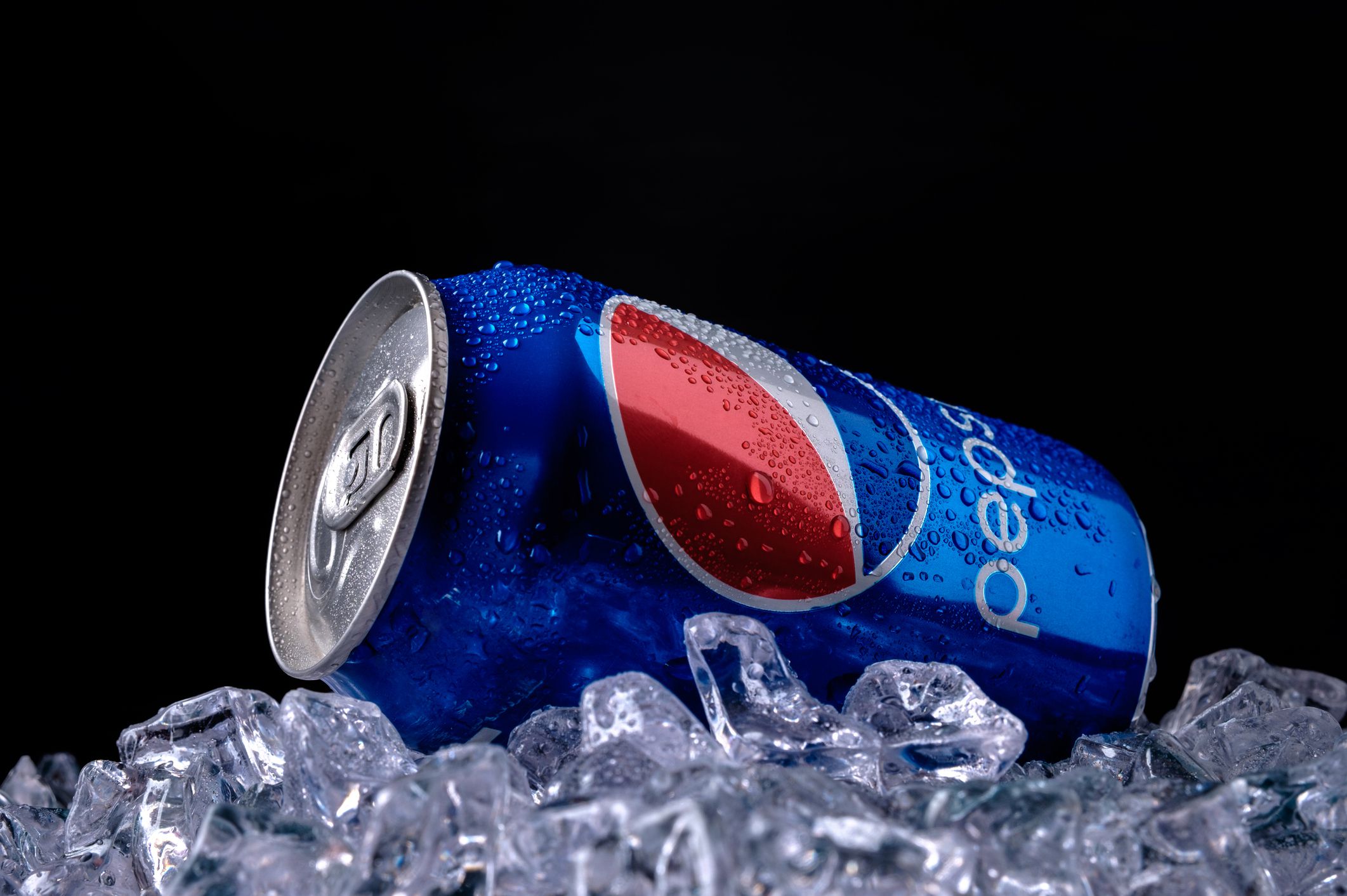
Pepsi has always been the edgier cola brand compared with Coke, and that irreverence earned it a crazy lawsuit in 1996. Its Pepsi Points promotion allowed customers to exchange points, earned with the purchase of Pepsi products, for prizes like T-shirts. But a commercial jokingly showed a 7 million point prize: a Pepsi-branded Harrier jet. A business student who read the fine print discovered that he could buy Pepsi points, and persuaded investors to give him $700,000 — the amount he needed to buy the 7 million points for the jet. Of course, Pepsi responded that the jet was not a real prize, and he took the company to court. The suit didn’t take off (pun intended) and Pepsi updated its commercial: The jet would now cost 700 million points. The brouhaha became the subject of a documentary, “Pepsi, Where’s My Jet?”
This Bud Light Fantasy Isn’t for You
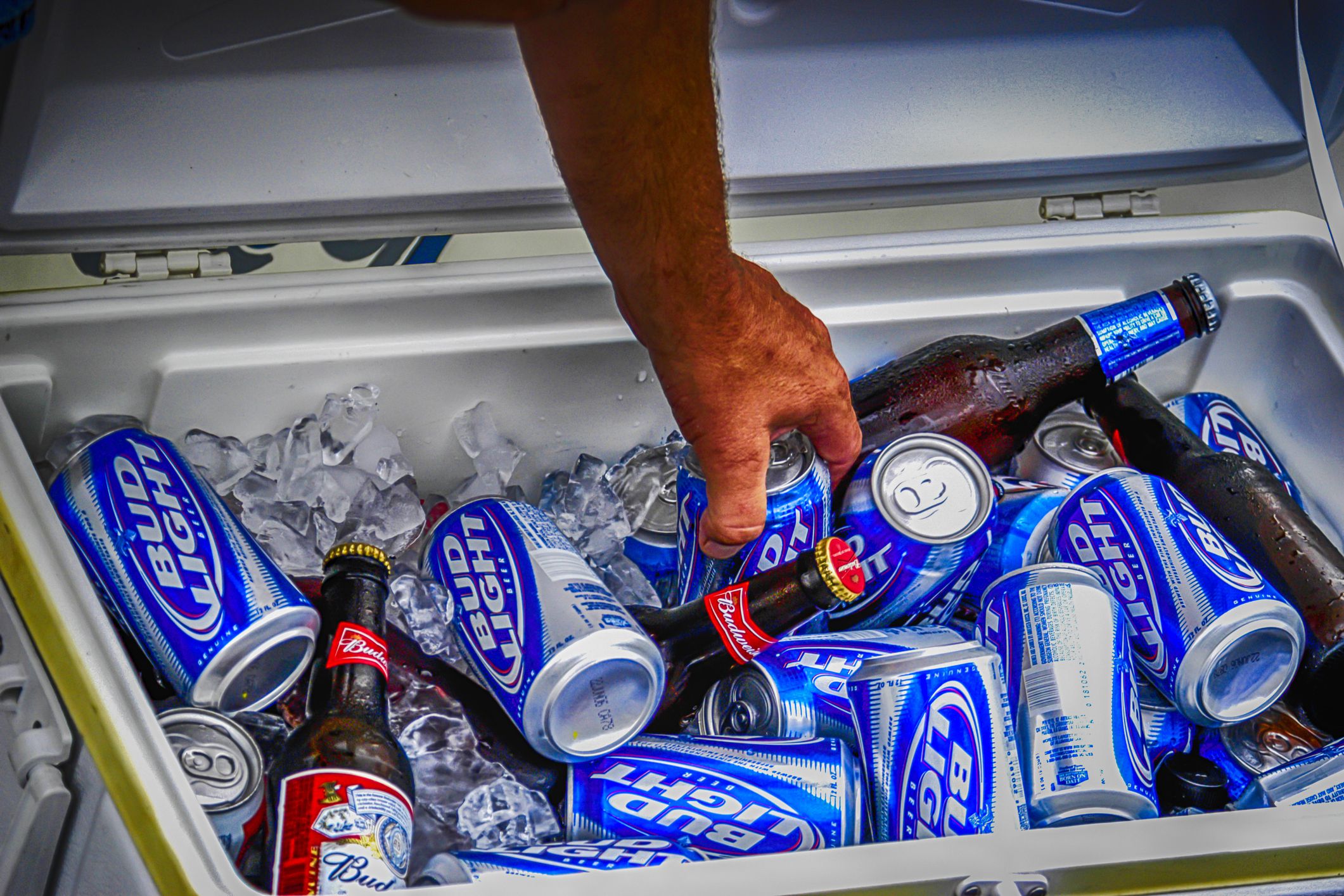
In the early ’90s, a man was annoyed that his beer-drinking habit had not yet conjured the white-sand beaches and scantily clad women shown in Bud Light commercials, so he decided to take Anheuser-Busch to court for $10,000 in damages, alleging that the beer company’s ads were “untrue, deceptive and/or misleading.” But the court was unpersuaded by the “grandiose suggestion” that beer would make anyone’s fantasies come to life, dismissing the claim.


